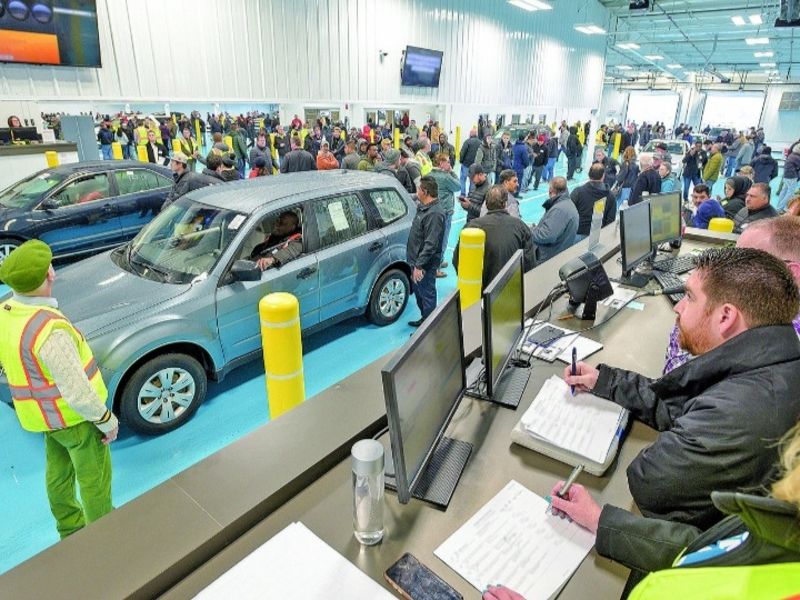In the early stages of the crisis, industry players joined together for the collective benefit of the wholesale market, Taylor said.
“We may have not had a convention this year,” she said. “But it was much bigger than that, with the leaders being together and discussing what we need to do.”
The year began with high expectations for the used-vehicle market. January and February activity pointed toward a market that was especially hot as it headed into what was supposed to be its prime, tax-refund season. But by the end of March, the wholesale market, like many other aspects of the U.S. economy, appeared to be in free fall.
For the week ended April 12, just 19,000 vehicles were sold at wholesale auctions, a figure that was down 83 percent from the pre-pandemic weekly average, according to J.D. Power. Retail used-vehicle sales at franchised dealerships during the first 12 days of April tumbled 63 percent vs. the same period in 2019. Wholesale values then climbed to record levels throughout the summer.
In March, Manheim and fellow auction giant KAR Global’s ADESA made the decision to switch to all-digital auctions nearly overnight. ADESA even decided to halt auctions altogether for about two weeks as state and local governments issued stay-at-home orders and as hospitals in some parts of the country were overwhelmed with patients fighting COVID-19, the disease caused by the coronavirus.
As the virus continues to spread in the U.S., remnants of the turbulent spring remain. Manheim and ADESA have allowed in-lane bidders to return to most auction sites, but vehicles still are not physically running through lanes.


